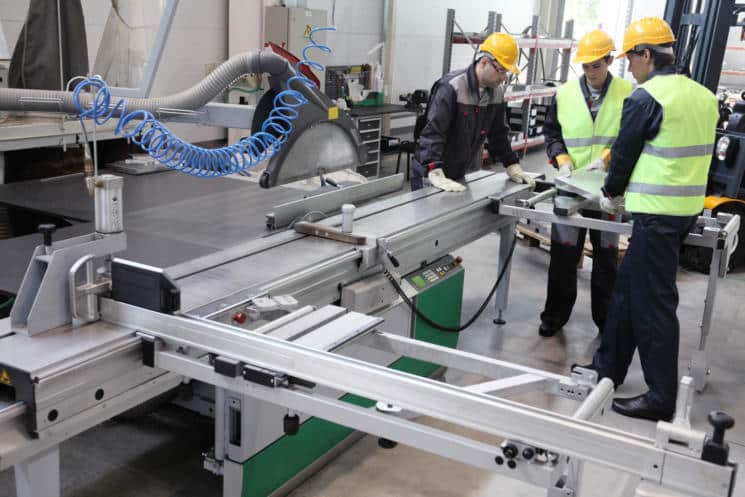
Skills are vital resources for companies and are therefore one of their strategic priorities. It is in the interest of organizations to manage these assets in an optimal way by ensuring a process of monitoring the skills of their workers and technicians. The main benefits of such a policy for the company are:
- improving its competitiveness
- employee retention
- to maintain its focus on its objectives.
Support the company’s competitiveness
It is undeniable that to remain competitive in the industrial world, we must acquire high-performance hardware and software. However, investing in them is not enough; skills are just as important, if not more valuable, resources than the machines and computer programs that control and connect them.
Skills monitoring is designed to ensure that employees are not only able to integrate and apply the knowledge related to their respective trades and positions, but are also able to constantly improve them to enable the organization to progress.
When you give yourself the means to promote the development of your employees’ skills, in particular by planning training sessions adapted both to the company’s needs and to the employees’ aspirations, you can legitimately expect satisfactory development.
Motivate and retain employees
The secret of a successful team is motivation. Most business leaders and managers are well aware of this. They do everything possible to maintain an environment and working conditions that encourage employees to give their best.
Among the many factors that enhance the value of employees, the possibility of moving up the hierarchy and being given new responsibilities is a powerful lever.
Also, showing the employee that provisions have been made to support him in the accomplishment of his mission encourages him to get involved in the company’s project. To help him do his work, different tools exist, such as step-by-step guides, whose pedagogical nature is particularly appreciated by the actors who apply them.
Finally, encouragement in all its forms reinforces employees’ sense of belonging to the organization and their desire to participate in its development.
Opportunities for promotion, support and incentives are the cornerstones of skills monitoring to improve the company’s human capital.
However, this monitoring of skills must be a long-term process. Annual or even half-yearly interviews and evaluations are no longer sufficient. A “close management” approach is increasingly being used, to use the expression used on the Capital website, characterized by the multiplication of micro interviews and updates organized throughout the year, in order to ensure continuous monitoring.
Know your exact needs and situate yourself in relation to your objectives
The continuous evaluation made possible by the monitoring of skills gives the company the opportunity to situate itself in relation to its objectives.
In other words, it can constantly see whether the human resources at its disposal are in line, on the one hand, with its real needs and, on the other hand, with the levels it seeks to achieve in terms of quality, turnover, quantities produced, etc.
Thus, depending on the reports generated during the various skills monitoring operations, managers can take the appropriate decisions to achieve the objectives: draw up improvement action plans, make changes in positions, possibly create new jobs…
Picomto is the solution for capturing and disseminating operational know-how in the industry. Feel free to contact us for more information. With Picomto, you continuously train your workers/technicians and encourage them to develop their skills.




Leave A Comment